Bráulio Mantovani
出生 : , São Paulo, São Paulo, Brazil
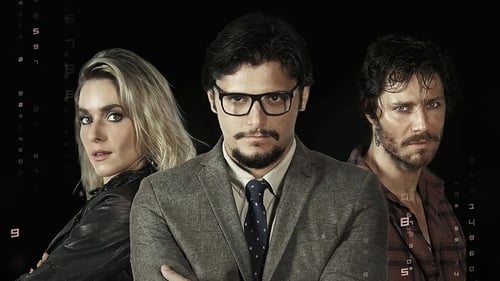
Screenstory
A peaceful accountant, after find again a love of youth, discovers a big embezzlement in the company where he works. Thanks to the fact, he ends up involving in a corruption network that supplies the Brazilian politician system .
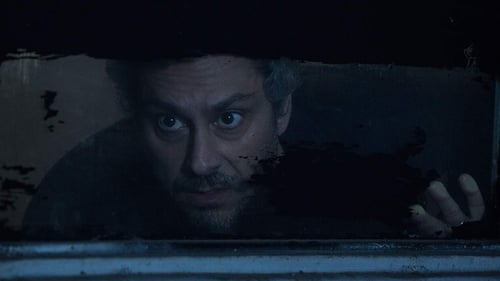
Associate Producer
Dreams and reality get mixed up in this sci-fi plot, focused on a photographer. When he photographs a terrorist attack during a trip to Jerusalem, his personal and professional lives plunge into turmoil.

Writer
Dreams and reality get mixed up in this sci-fi plot, focused on a photographer. When he photographs a terrorist attack during a trip to Jerusalem, his personal and professional lives plunge into turmoil.

Screenplay
A human look on the life of one of the biggest frauds in the world happened by important people in Brazil.
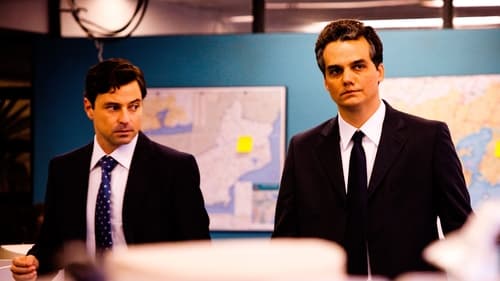
Screenplay
After a bloody invasion of the BOPE in the High-Security Penitentiary Bangu 1 in Rio de Janeiro to control a rebellion of interns, the Lieutenant-Colonel Roberto Nascimento and the second in command Captain André Matias are accused by the Human Right Aids member Diogo Fraga of execution of prisoners. Matias is transferred to the corrupted Military Police and Nascimento is exonerated from the BOPE by the Governor.

Story
After a bloody invasion of the BOPE in the High-Security Penitentiary Bangu 1 in Rio de Janeiro to control a rebellion of interns, the Lieutenant-Colonel Roberto Nascimento and the second in command Captain André Matias are accused by the Human Right Aids member Diogo Fraga of execution of prisoners. Matias is transferred to the corrupted Military Police and Nascimento is exonerated from the BOPE by the Governor.
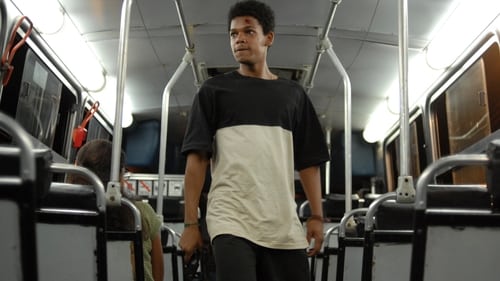
Screenplay
Sandro was a boy who loved to sing rap, to kiss, to stare the statue of Christ the Redeemer and dreamed to go visit Copacabana. Growing up on streets, the story culminates at the infamous episode of 12th June 2000, when Sandro hijacked bus 174.
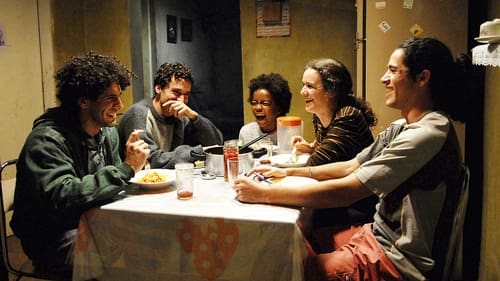
Screenplay
In the periphery of São Paulo, the pregnant single mother Cleuza works as maid in the apartment of a middle-class family. Each of her sons has a different unknown father: the oldest, Dênis, has a baby son that lives with his mother and he works as motorcycle courier.
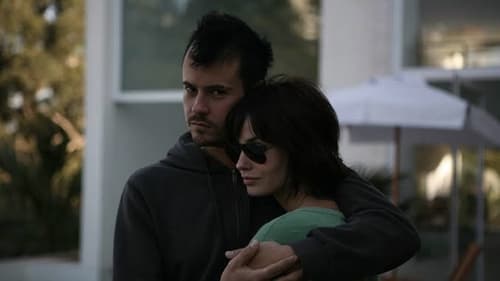
Additional Writing
An upper-middle class punk singer Andre, Magnata spends his time with his low-class friends, singing in clubs and wasting money. When he accepts a challenge to steal a Ferrari, he gets involved in a thriller that can lead him to a tragic consequence.
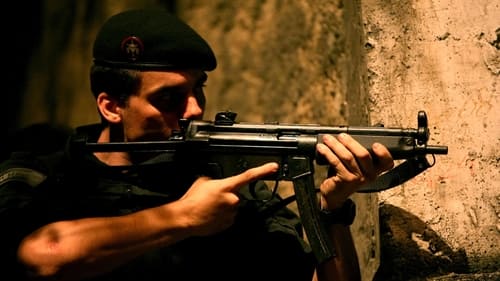
Screenplay
In 1997, before the visit of the pope to Rio de Janeiro, Captain Nascimento from BOPE (Special Police Operations Battalion) is assigned to eliminate the risks of the drug dealers in a dangerous slum nearby where the pope intends to be lodged.
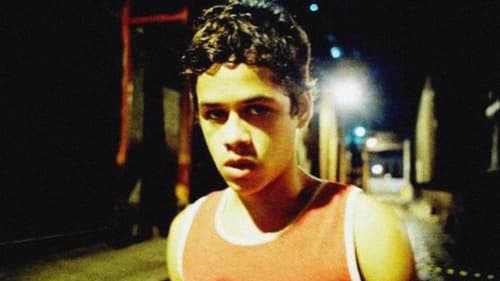
Script Consultant
Querô is an orphan teenager, living alone near the docks in Santos, Brazil. Her mother, a prostitute, died when he was a baby, and he was raised in the bordello where she worked. Believing he rules his own destiny, he refuses to compromise with anyone else, the corrupt policemen always chasing him, the oppressive discipline in the juvenile institution Febem, or the drug dealers who try to lure him. But this independence has a price.
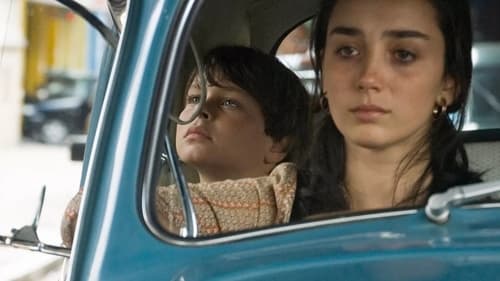
Screenplay
A boy is left alone in a Jewish neighborhood in the year of 1970, where both world cup and dictatorship happen in Brazil.

Director
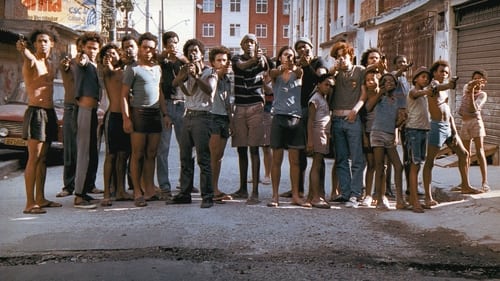
Screenplay
1960年代後半、ブラジル・リオデジャネイロの貧民街“シティ・オブ・ゴッド”では銃による強盗や殺人が絶え間なく続いていた。そこでは3人のチンピラ少年が幅を利かせている。ギャングに憧れる幼い少年リトル・ダイスは彼らとともにモーテル襲撃に加わり、そこで初めての人殺しを経験すると、そのまま行方をくらました。一方、3人組の一人を兄に持つ少年ブスカペは事件現場で取材記者を目にしてカメラマンを夢見るようになる。70年代、名をリトル・ゼと改めた少年リトル・ダイスは、“リオ最強のワル”となって街に舞い戻ってきた…。

Script
Two young boys, Laranjinha and Acerola, living in Cidade de Deus, one of the most violent neighborhoods in Rio de Janeiro, need some money to go to a concert. The "easiest" (and most dangerous) way to get it is working for some drug-dealers.

Editor
Tropicália was a Brazilian cultural movement that occurred between 1967 and 1968, inspired by Oswald de Andrade's anthropophagic ideals, pop art and the concretism. Twenty years later, this film revisits the movement and shows that Tropicalismo will never die.













